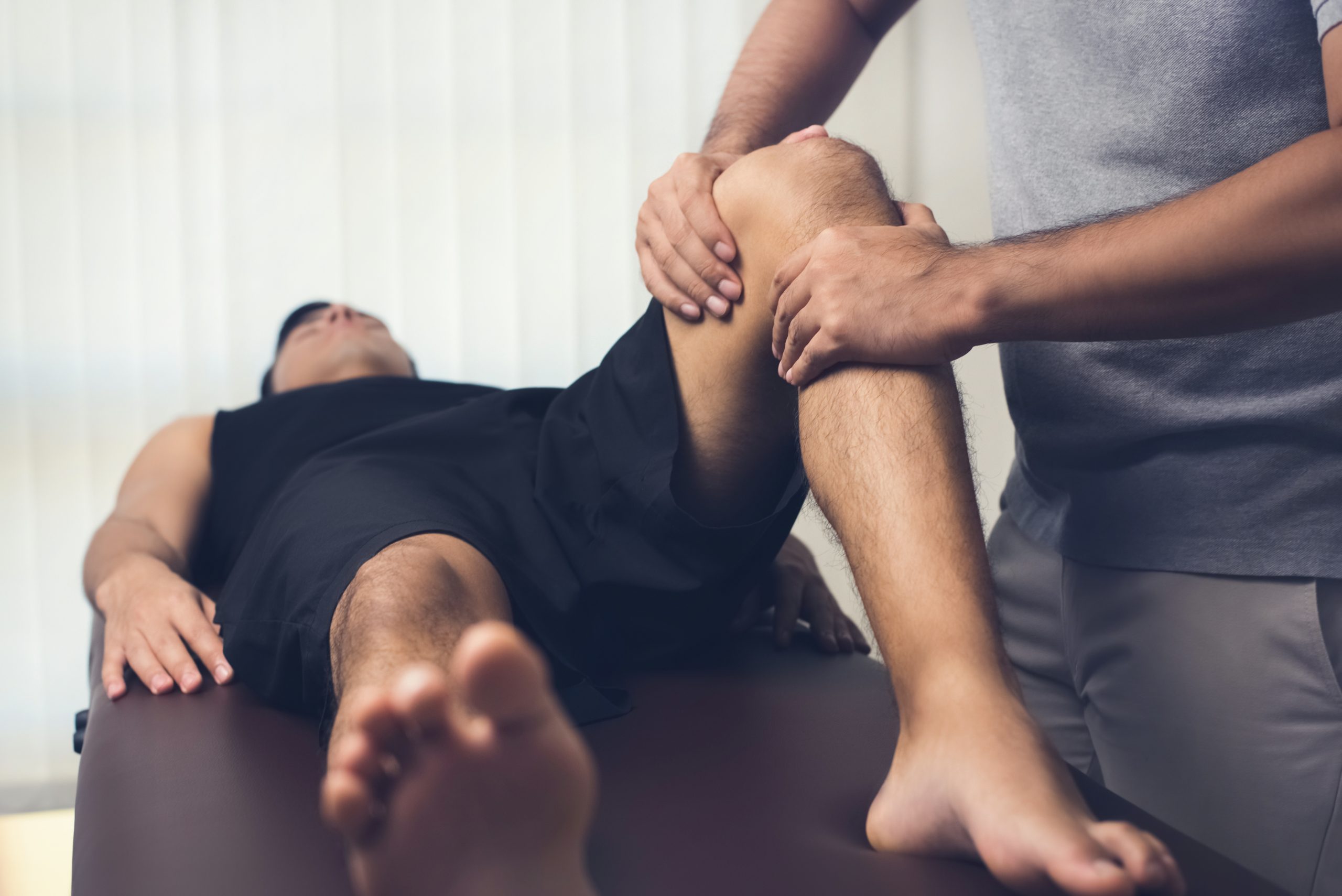Joint pain is a common condition that affects millions of individuals worldwide. While physical factors such as injury or arthritis are often associated with joint pain, it’s important to recognize the role that psychological factors, particularly stress, can play in exacerbating this discomfort. Stress can have a significant impact on joint pain, both directly and indirectly. In this article, we explore the connection between stress and joint pain.
- Increased Muscle Tension: When we experience stress, our bodies respond by tensing up muscles as part of the fight-or-flight response. This muscle tension can lead to increased pressure on the joints, causing pain and discomfort. Prolonged or chronic stress can contribute to persistent muscle tension, leading to chronic joint pain.
- Inflammation and Immune System Response: Stress triggers the release of stress hormones, such as cortisol, which can affect the body’s immune response and inflammation levels. Excessive or chronic stress can disrupt the normal functioning of the immune system, leading to increased inflammation. Inflammation is a common underlying cause of joint pain in conditions such as rheumatoid arthritis and osteoarthritis.
- Changes in Movement Patterns: Stress can affect our posture and movement patterns. When we are stressed, we may unconsciously adopt unhealthy posture, such as slouching or hunching over. These poor postural habits can put additional stress on the joints, leading to pain and discomfort. Additionally, stress can impact our gait and movement patterns, causing strain on the joints and exacerbating joint pain.
- Impaired Sleep Quality: Stress can disrupt sleep patterns, leading to insufficient or poor-quality sleep. Lack of sleep can contribute to increased sensitivity to pain and a reduced ability to cope with pain. When joint pain is combined with poor sleep, it can create a vicious cycle where pain disrupts sleep, and lack of sleep exacerbates pain. This can result in heightened joint pain perception and reduced pain tolerance.
- Increased Sensitization to Pain: Chronic stress can lead to heightened sensitivity to pain, a condition known as central sensitization. In central sensitization, the central nervous system becomes hypersensitive to pain signals, amplifying the perception of pain. This can make joint pain feel more intense and debilitating, even in the absence of physical damage or injury.
- Emotional Well-being: Stress can have a significant impact on our emotional well-being, including anxiety and depression. These mental health conditions can contribute to the perception of pain and make it more challenging to cope with joint pain. Additionally, stress and negative emotions can lead to muscle tension, which can further aggravate joint pain.
- Lifestyle Factors: When experiencing stress, individuals may engage in unhealthy coping mechanisms, such as overeating, consuming comfort foods, or being sedentary. These behaviors can contribute to weight gain and increased stress on the joints, particularly in weight-bearing joints like the knees and hips. Excess weight places additional strain on the joints, exacerbating joint pain and increasing the risk of conditions such as osteoarthritis.
- Coping Strategies: Individuals under stress may resort to maladaptive coping strategies, such as excessive alcohol consumption or smoking. These behaviors can have a negative impact on joint health and overall well-being. Alcohol can disrupt sleep, contribute to inflammation, and affect joint function, while smoking has been linked to an increased risk of rheumatoid arthritis.
Managing Stress for Joint Pain Relief:
- Stress Reduction Techniques: Incorporate stress reduction techniques into your daily routine, such as deep breathing exercises, meditation, yoga, or mindfulness practices. These techniques can help relax both the body and mind, reducing muscle tension and alleviating joint pain.
- Regular Exercise: Engaging in regular physical exercise can help reduce stress levels and





